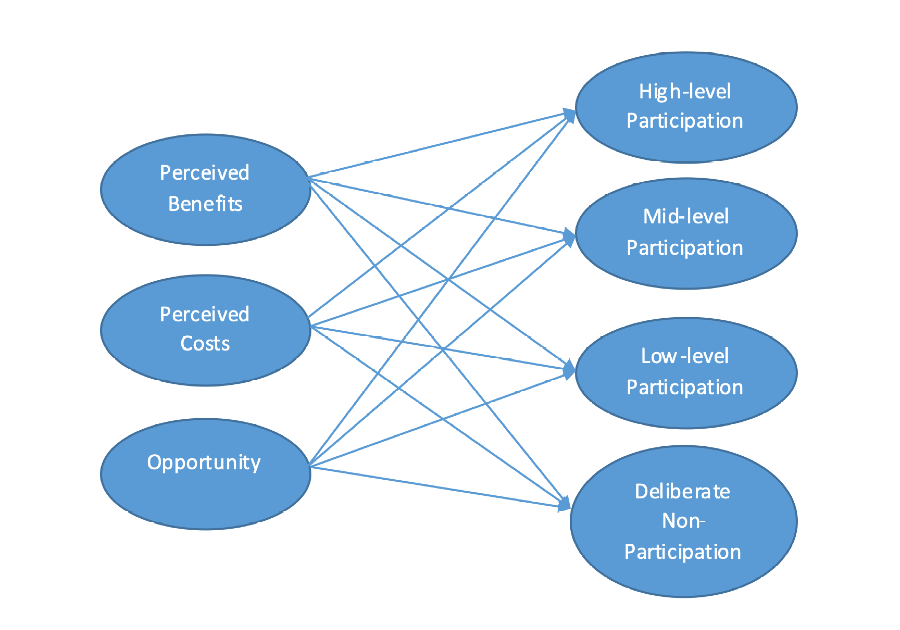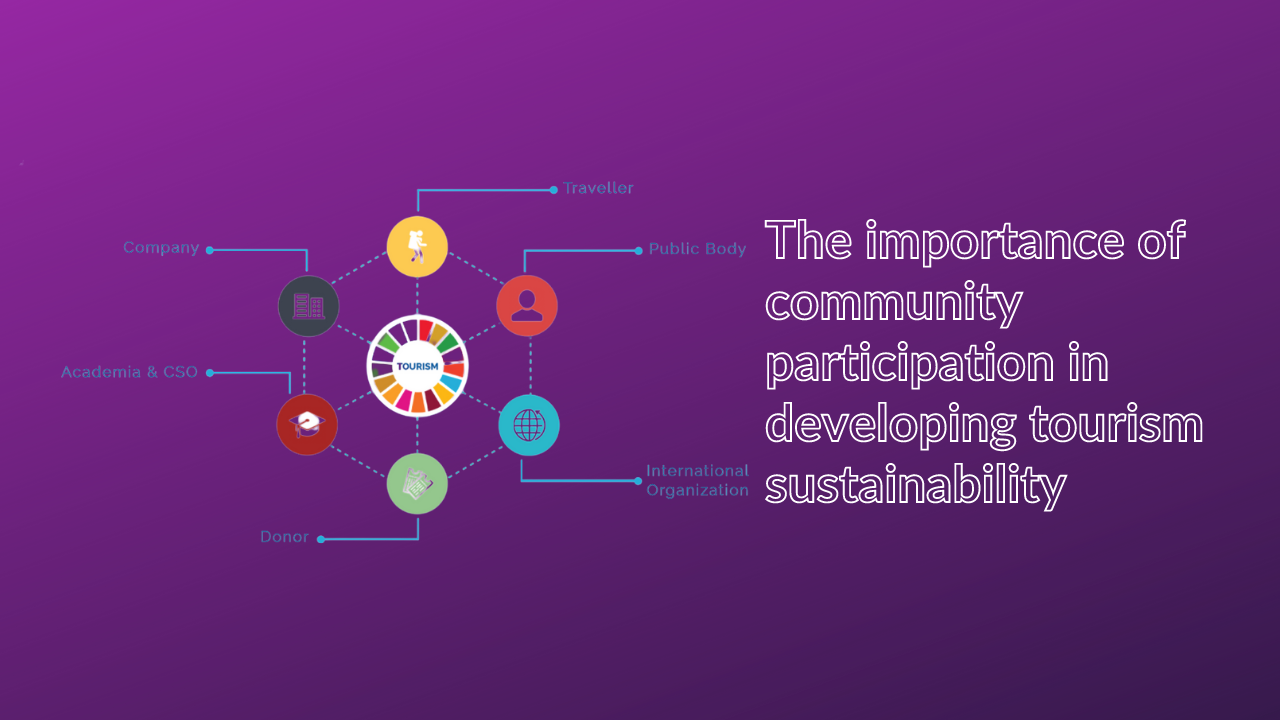Salsabila Firdausia, a student of MSM SBM ITB together with her supervisor Yuliani Dwi Lestari found the impact of opportunity and community perception on the four levels of resident’s participation in tourism development.
A student of MSM SBM ITB, Salsabila Firdausia together with her supervisor, Yuliani Dwi Lestari conducted a survey of 89 Lembang residents in Indonesia. The survey was conducted using a questionnaire distributed online and offline in September 2018. Social messenger and social media were used for the online survey, and directly asked the Lembang people to take the survey were done to support the offline survey.
As one of the tourism destinations in West Java, Lembang is chosen because According to Tourism Wave (2016), three of the five famous tourist destinations in Bandung are in the Lembang sub-district. The agricultural tourism developed by the tourism planners in Lembang combined the concept of farming with family recreation in general. The tourist attraction is mostly a natural base, and tourists can take pleasure in specific options, starting from the peak of volcano mountain, best known as Tangkuban Perahu; enjoying outbound activities in the Jaya Giri forest area; tracking to the beautiful Maribaya waterfall, or stargazing at Boscha Observatory. Besides all the natural potential, Lembang is also a milk-producing area. Local people process milk into various foods, including tofu, yogurt, fermented milk, candy, crackers, and cakes. Thus, these products will become available for sale to the tourist who is looking for a typical gift from Lembang. As reported by BPS-Statistics of Bandung Barat Regency (2018), the number of hotels, hostels, and restaurants in 2017 (41, 49, and 117 respectively) increased to about 26 percent of the total number in Bandung Barat Regency.
The increasing number of tourism destinations and travelers has impacted the growth of the tourism sector in many countries. Recently, the concept of tourism sustainability has been adapted to be a more pro-local community. Creating sustainable tourism not only fulfills the demands of visitors, interests from investors but also takes into account the needs of local communities directly affected by the development of the tourist area (Tölkes, 2018). To achieve the four dimensions of sustainability, namely: sustainable economy, social, culture, and environment; local community involvement becomes an essential part of tourism development (Lee, 2013). However, most local communities in developing countries have limited chances to take part in tourism development.
The research analyzed the influence of the availability of Opportunity (OP) for the local community and its perception of the degree of local community participation in developing sustainable tourism. In particular, this study aims to provide insight into the local community participation in developing countries and to discuss the influencing factors of the local community’s involvement in tourism development.
The research was conducted through a survey of 89 Lembang residents in Indonesia. Data analysis was conducted using partial least square structural equation modeling. The respondents of the survey are mostly female and under 20 years of age. The education level of the Lembang community was mostly a high school degree. Half of the respondents were employed in the private sector, and their economy relies on the tourism sector. Most of the respondents generated ≤ Rp 3,000,000 income every month. The recorded answers show that the local community has lived in Lembang for ≥21 years.
According to the data analysis, the research found that Lembang’s residents are willing to participate in tourism development through promotion activities. The local community is eager to promote various tourist destinations through their social media or directly encourage their colleagues, family, and friends to visit the tourist site in their area. The increase of visitors to Lembang provides new income and experiences for the local people. According to the residents’ profile, most of the local people in Lembang generated a monthly income of fewer than three million rupiahs. This situation provokes the local people to take small initiatives like promotion (word of mouth or social media promotion) which does not require much money. This study also found that when the local community experiences more positive impacts from tourism, it is more likely to support and get involved in the development. Although the positive implications are not sufficient to meet the locals’ expectations, the local community is still keen to contribute, even it is only through promotion.
The results imply the need for opportunities to encourage the locals’ involvement, thus reducing the negative implications and gaining the benefit of tourism for the community. The research also highlights the importance of Opportunity (OP) to improve community knowledge, increase the benefits and generate high community involvement. The local government of Lembang needs to establish open channels and set up clear communication between the local community and the tourism planners who seek to develop tourist sites in Lembang. To attract community attention and support, the private sector should give a chance for Lembang residents to participate in tourism management. Moreover, rather than relying on employment offered by the private sector, Lembang residents can take the initiative by utilizing their entrepreneurial capabilities of trading typical gifts of Lembang. The local government can also collaborate with the university to provide opportunities for training and improving the entrepreneurial skills of the Lembang community.





